-
Twice As Hard, Jasmine Brown
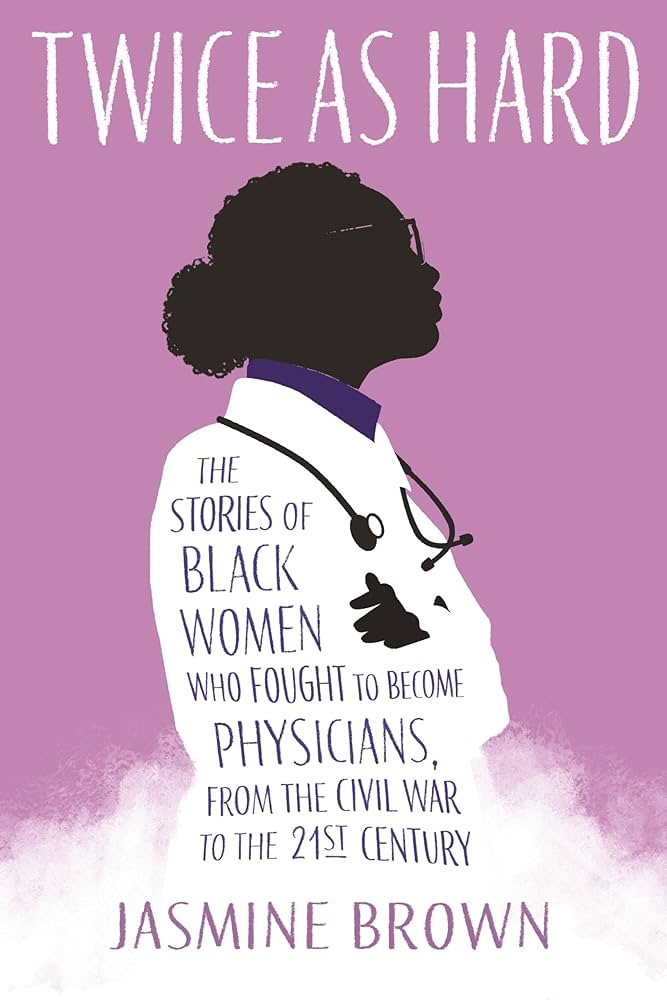
Professionalization includes and excludes. The doors to the house of medicine for Black physicians, especially Black women, were barred during the Progressive Era. Remarkably, a few pioneers made their way to the bedside of patients despite many obstacles. Brown builds each chapter around the story of one of these pioneers. It’s a service to see…
-
Fathers and Sons, Ivan Turgenev
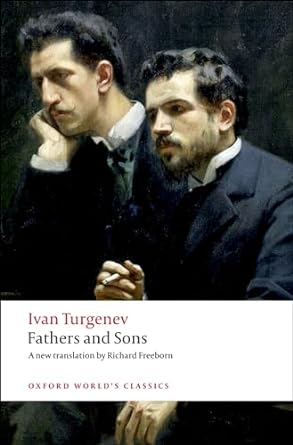
Inside today’s academic medical centers, the talk is about generational differences. Work-life balance or fiduciary responsibility. Medicine is a job or a calling. Physicians should band together as union members or in professional guilds. Trainees should have stricter duty hours or live within the hospital. The crisis in medical education is existential, but often narrated…
-
The Best Minds, Jonathan Rosen
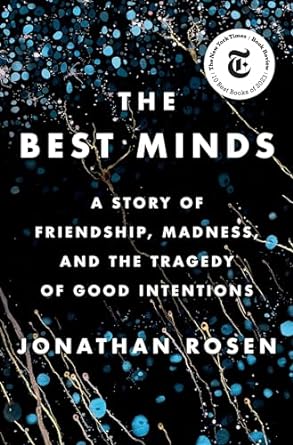
Everyone knows someone with mental illness; few people have a friend who can know them from as many perspectives as Rosen knows Michael Laudor. They grew up together, attended college together, then set out on parallel paths. Laudor’s detoured into illness before ending in violence. The Atlantic excerpt left me in tears at the murder…
-
On Wealth and Poverty, St. John Chrysostom
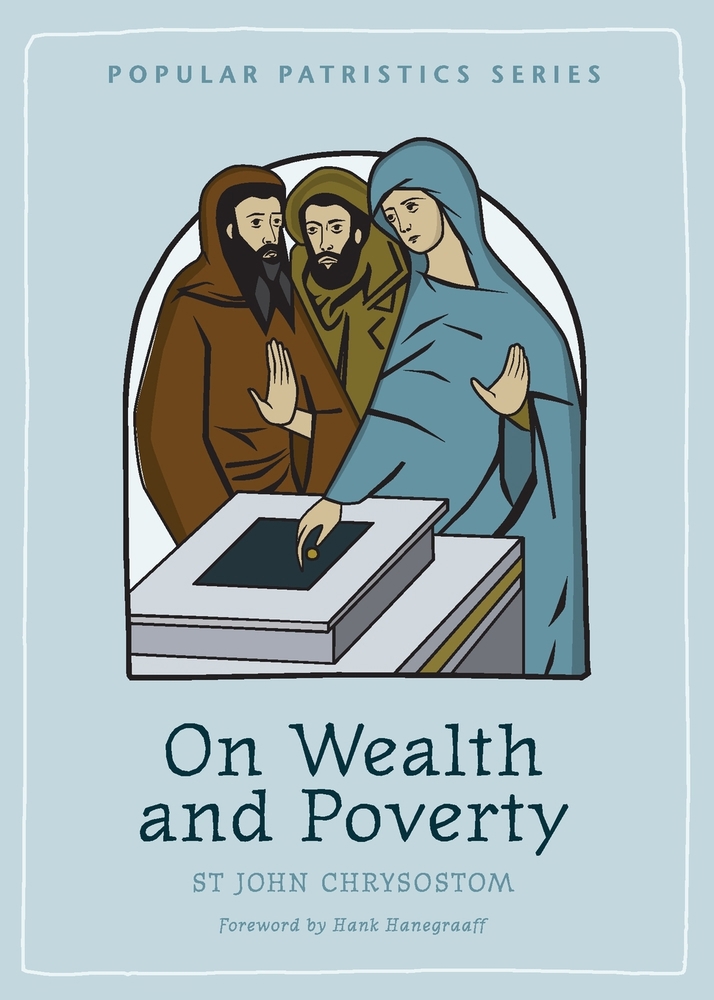
No matter how radical your proposal, John Chrysostom remains the standard Redistribution? In this life, and the next. Attacking inequality? No quarter. Poverty? Material and spiritual. Bracing indictment? For today and tomorrow. That’s the pattern: he operates fully in this world and in the beyond. “…remember this without fail, that not to share our own…
-
Meander, Spiral, Explode, Jane Alison
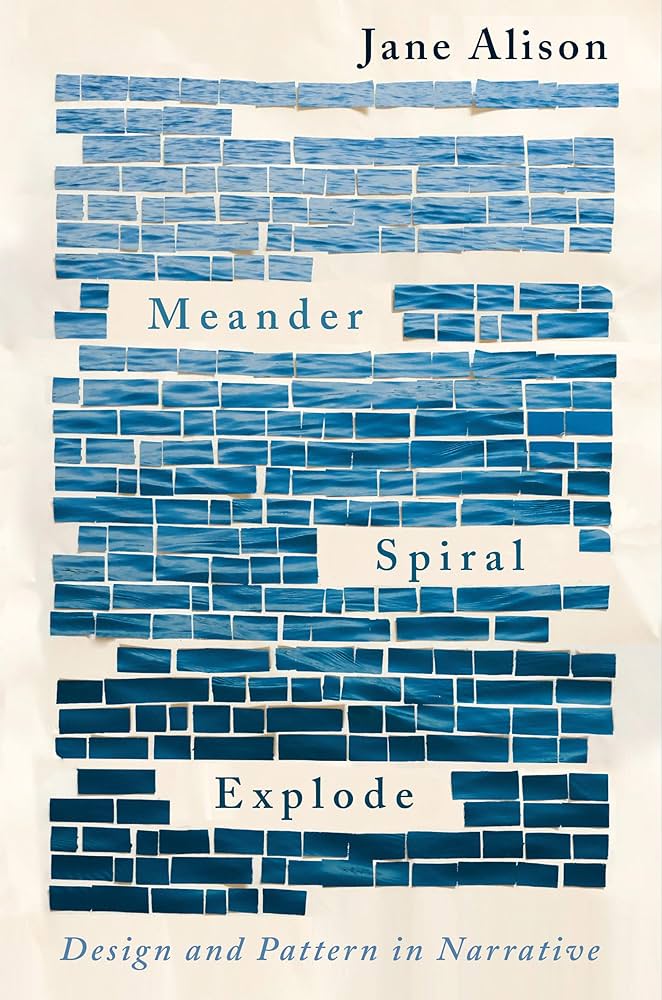
What if medicine had the equivalent of craft books? Alison offers alternatives to the Freytag triangle– exposition, inciting incident, rising action, climax, falling action, resolution, and denouement– for writers. Instead of triangles, she looks to nature and finds patterns–waves, wavelets, meanders, spirals, radials, cells, fractals, even tsunami–which some narratives are patterned upon. Breathtaking stuff which…
-
Strangers to Ourselves, Rachel Aviv
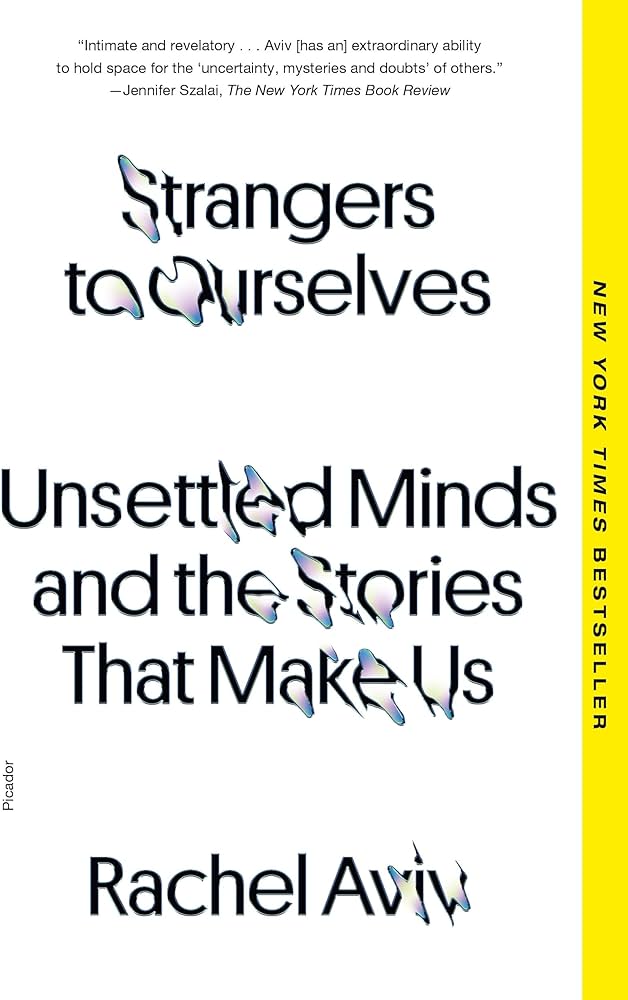
We all get sad and afraid, but when does it become major depression and generalized anxiety? After you see a psychiatrist. Better than any writer I know, Aviv narrates how a diagnosis changes how a person feels over time. To get there, she mines her own history. She develops case reports that would make Golden Siggie proud. She makes good work…
-
Voices In The Evening, Natalia Ginzburg
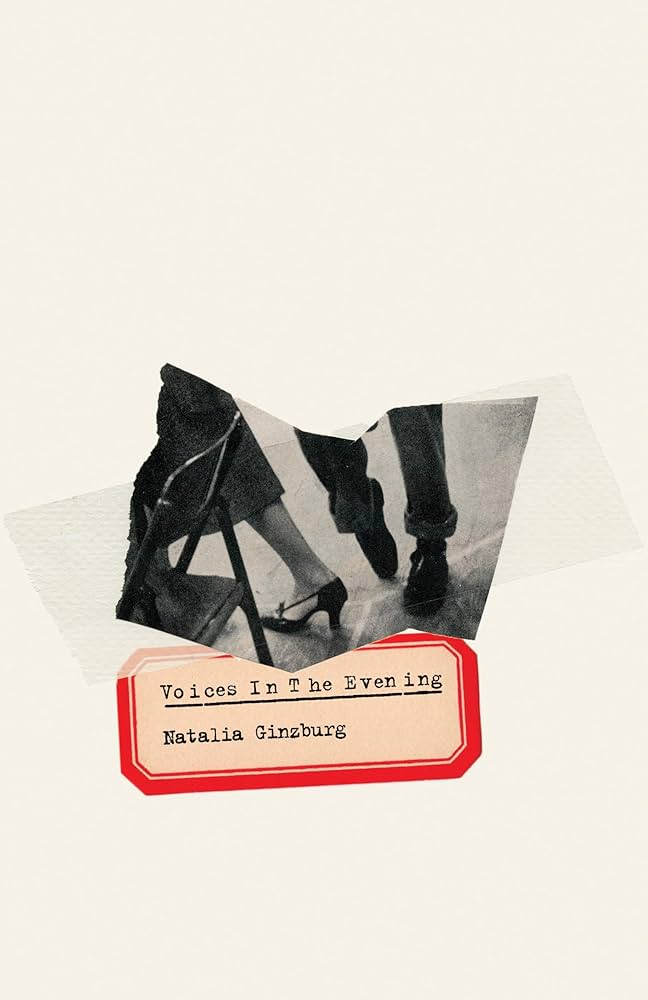
The book opens after a visit to the doctor and ends, a year later, with a question about medications. In between, Ginzburg offers a portrait of hypochondria as a manifestation of status anxiety. She writes short and spare, like Chekhov, while sounding out how thoughts take bodily shapes. “I told you everything that came into my…
-
Dry Heart, Natalia Ginzburg
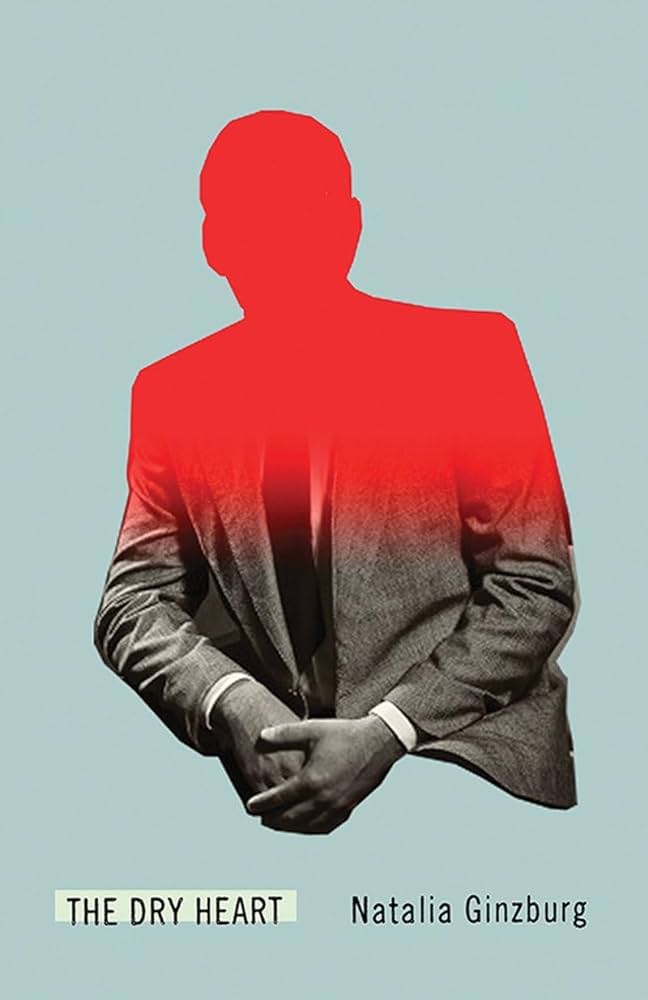
A novel whose explosive opening–”I shot him between the eyes”–unfolds into the penetrating injury of a failed marriage. Ginzburg astounds because she communicates so much without an ounce of sentimentality. It’s an anti-romance that asks when a wife should kill her husband. It’s also, slyly, a novel about being involved with a doctor. The narrator…
-
The Beauty in Breaking, Michelle Harper
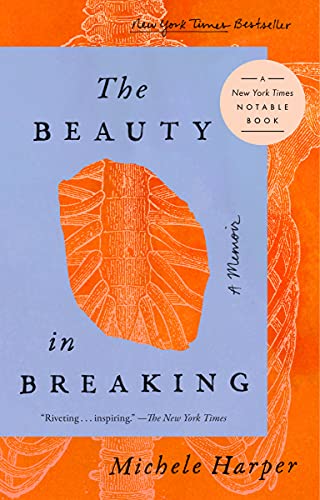
This book, but not the book, disgusts me. The cover attracted, the subject interested, so I bought a used copy online. Flipping it through upon arrival, I found curled cover edges, creased binding, folded pages. The usual. Then, on page 203, a line drawing, carefully done, a bas-relief imitation of the male genitalia. It was…
-
Dora, Lidia Yuknavitch
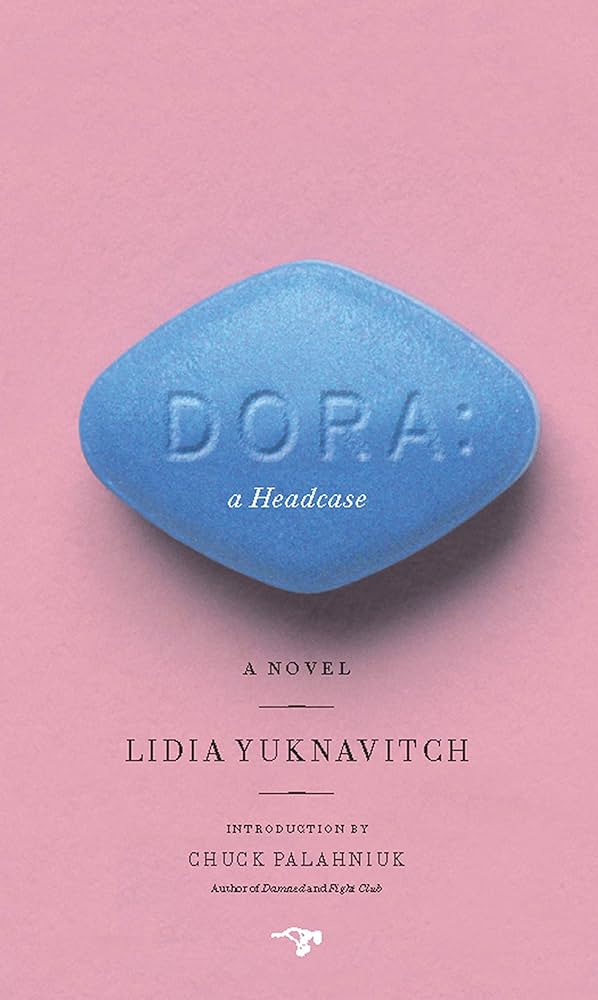
Puerile adolescent revenge fantasy… and I mean that as a description and a compliment. The narrator, a teenage girl going through all the feels, turns the tables on old Sigmund’s member. She videotapes it all, then a shadowy male figures pursue her for the SD card. The technology feels dated now, when every patient on…
Abraham Nussbaum
Physician, Teacher, Writer